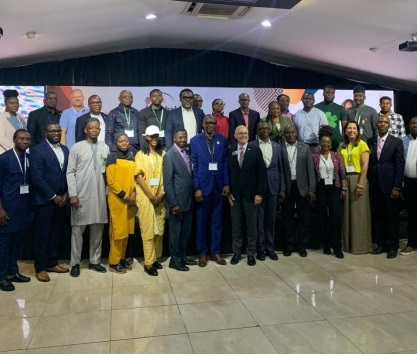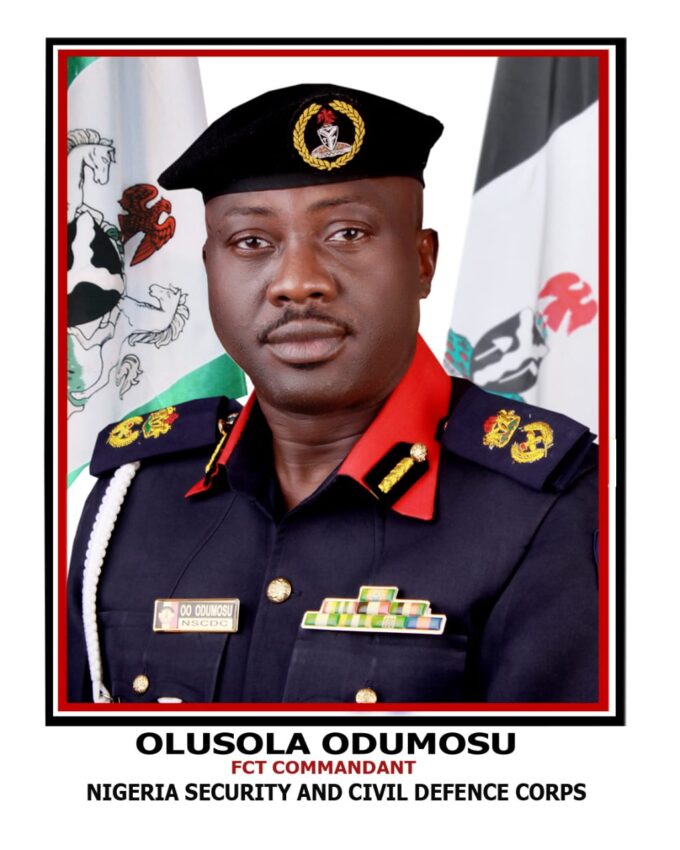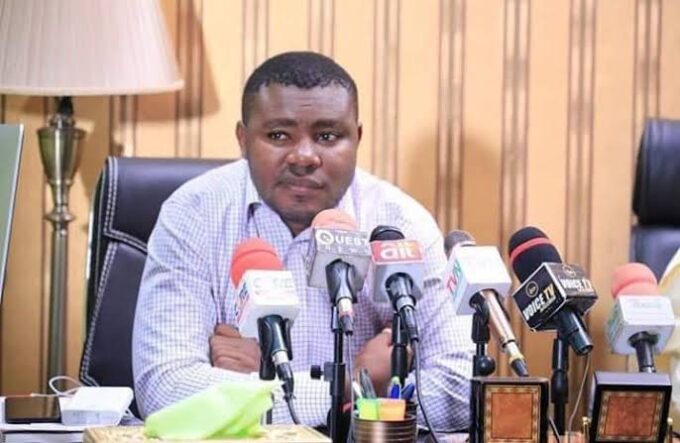Julius Berger Nigeria Plc was the key contributor at the International Facility Management Association (IFMA) Global Africa Conference 2025 in Lagos. The conference brought together leading professionals from across the continent to deliberate on innovation, sustainability, and the future of facility management in Africa, with Julius Berger standing out for its depth of experience and practical impact on the industry.
The Past President of IFMA, Mr. Segun Adebayo, described Julius Berger as “a big fish in the ocean with a robust facility management structure spanning its regions,” commending the company for its forward-looking perspective on sustainability and its long record of embedding facility management into infrastructure projects. His words set the tone for a gathering where Julius Berger’s role in shaping the conversation was unmistakable.
Addressing participants, Engr. Amina Dottie, Technical Manager for Facility Management in Lagos, traced the company’s long-standing journey in the field, explaining that facility management has been part of Julius Berger’s operational culture for almost two decades, long before many current industry players even emerged. “For us as a company, you can’t just disassociate the Julius Berger umbrella or portfolio from Julius Berger Facility Management; it is an integrated part of our structure and values,” she said. She explained how the company’s operations cut across the full lifecycle of a project—from design and planning through PrimeTech, to construction and eventually, operational maintenance—ensuring that sustainability is embedded at every stage.
To illustrate this philosophy, she cited the Lekki–Ikoyi Toll Bridge project in Lagos, where persistent vandalisation of power infrastructure had created significant challenges. Julius Berger, she noted, partnered with government agencies to conduct thorough facility audits and produce solution-driven reports.
This collaboration resulted in the installation of solar-powered CCTVs to monitor and safeguard the bridge’s lighting system, enhancing security, reducing dependence on traditional power sources, and protecting vital public infrastructure.
Engr. Dottie also directed her message to African students present at the event, encouraging them to pursue knowledge with relentless curiosity while embracing collaboration as a cornerstone of professional growth. “Don’t just stop at trying to develop yourself; go for knowledge. AI has made it possible to access almost anything to build understanding. Collaborate with colleagues and other experts; FM is multidimensional, and it thrives on interaction. Don’t just let what you have learnt here slip—actualize it. Let it come to life,” she urged, earning nods of agreement from the audience.
The conversation at the conference went beyond Julius Berger, as stakeholders from the public sector also underscored the importance of facility management in ensuring infrastructure longevity. The Managing Director of the Lagos Metropolitan Area Transport Authority (LAMATA), Mrs. Olukemi Ochie, stressed that maintenance considerations must be embedded from the design stage of transport projects such as rail systems and BRT buses if they are to deliver sustainable value. Echoing this point, the General Manager of the Lagos State Infrastructure Asset Management Agency (LASIAMA), Mrs. Adekanbi Adenike, described Julius Berger as “one of LASIAMA’s most trusted contractors,” praising the company for its invaluable role in strengthening Lagos State’s infrastructure assets.
Julius Berger’s strong representation at the conference, which included Engr. Amina Dottie, Technical Commercial Manager FM Lagos, Mario Plata of FM Ahuja, Vera Parmi, Commercial Manager FM Lagos, Mr. Emmanuel Egbenuka, and Administrative Officer LDQ, further underscored the company’s commitment to advancing facility management practices across Africa.
By championing sustainability, sharing practical solutions, and inspiring the next generation, Julius Berger once again demonstrated why it remains a pivotal force in shaping the future of facility management on the continent.


















Leave a comment